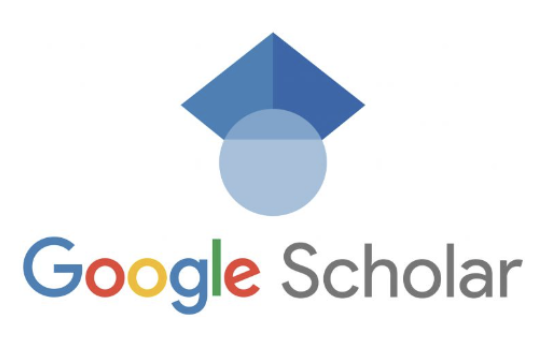What is the Difference Between Using Google and Google Scholar – With the advancement of technology, conducting research has become easier and more efficient. When it comes to searching for information online, Google is the go-to search engine for many people. However, for academic and scholarly research, Google Scholar offers a more specialized and focused approach. In this article, we will explore the differences between using Google and Google Scholar, and how each platform serves different purposes in the world of online research.
Google: The All-Encompassing Search Engine
Google is undoubtedly the most popular search engine in the world. It has an extensive index of web pages, including news articles, blog posts, corporate websites, and a vast array of other online content. When you search on Google, you are presented with a wide range of results that may include academic articles, but also non-scholarly sources.
General Content and Multidisciplinary Research
One of the main strengths of Google is its ability to search the entire web, providing a vast amount of information on almost any subject. It is particularly useful when conducting multidisciplinary research or exploring topics that span multiple fields. Google’s search algorithms prioritize relevance and popularity, taking into account factors such as website authority, user engagement, and search query matches.
Limitations of Google for Academic Research
While Google is a powerful tool for general research, it has limitations when it comes to academic and scholarly content. Google’s search results often include material from non-scholarly organizations, corporations, and individuals, which may not meet academic standards or undergo peer review. This can make it challenging to find authoritative and reliable sources for academic research purposes.
Google Scholar: The Academic Search Engine
Google Scholar, on the other hand, is a specialized search engine that focuses exclusively on academic and scholarly articles. It searches and indexes content produced by commercial publishers and scholarly societies, providing access to a vast collection of peer-reviewed research literature.
Academic Journal Articles and Scholarly Resources
Google Scholar’s main strength lies in its ability to search and retrieve academic journal articles from various disciplines. It provides access to a wide range of scholarly resources, including research papers, conference papers, theses, dissertations, and technical reports. This makes it an invaluable tool for students, researchers, and academics who need access to authoritative and scholarly content.
Exclusion of Non-Academic Sources
Unlike Google, Google Scholar excludes material from non-scholarly organizations, corporations, and individuals. This ensures that the search results are focused on academic and scholarly sources that have undergone rigorous review processes. By eliminating non-academic content, Google Scholar provides a more reliable and credible platform for academic research and citation.
Advanced Search Features and Citation Metrics
Google Scholar offers advanced search features that allow users to refine their search queries and filter results based on specific criteria. Users can also check who has cited their articles, graph citations over time, and compute various citation metrics. This feature is particularly useful for researchers who want to analyze the impact and influence of their work within the academic community.
Conclusion
In conclusion, while Google is a comprehensive search engine that covers a wide range of online content, Google Scholar focuses specifically on academic and scholarly articles. Google is suitable for general research and multidisciplinary topics, but it may include non-academic sources that may not meet academic standards. On the other hand, Google Scholar provides access to a vast collection of scholarly resources, ensuring that the search results are focused on authoritative and peer-reviewed content. Depending on the nature of your research, both platforms have their own strengths and limitations, and it is essential to choose the right tool for your specific needs.

